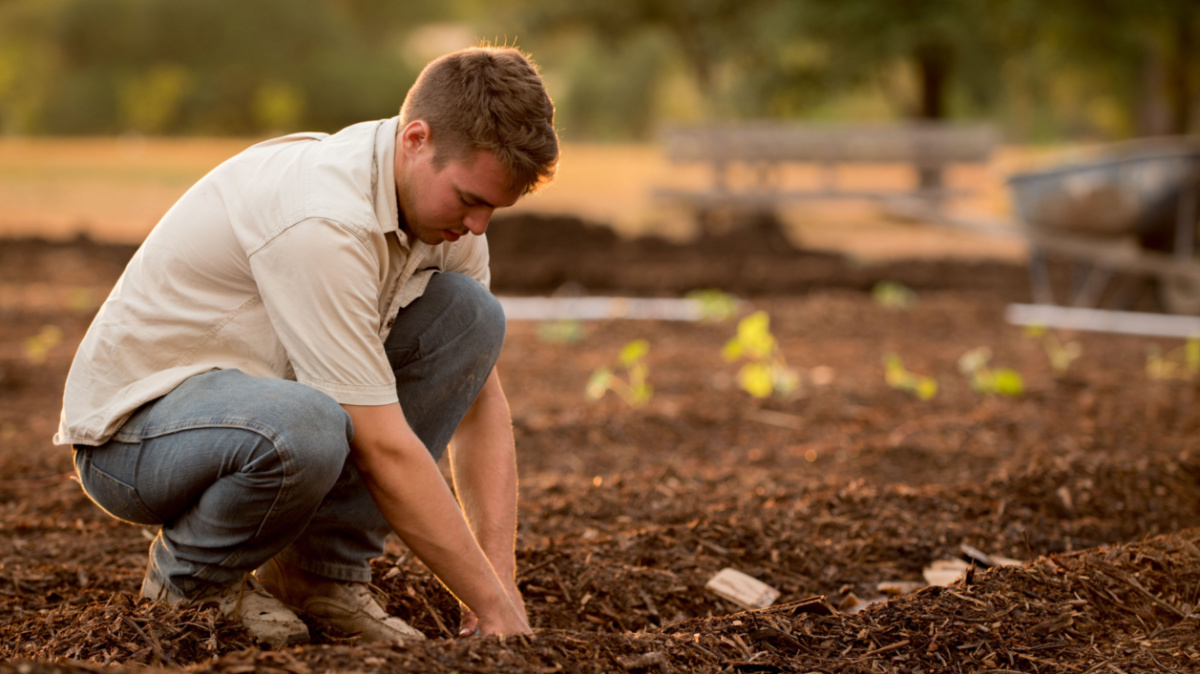This year, Iowa's crops are maturing earlier than usual as the state has been hit by a drought, derecho and hot weather. | Unsplash
This year, Iowa's crops are maturing earlier than usual as the state has been hit by a drought, derecho and hot weather. | Unsplash
This year, Iowa's crops are maturing earlier than usual as the state has been hit by a drought, derecho and hot weather, which has many concerned with grain quality.
“Storm damaged corn is on the ground and it is quickly becoming moldy which creates food safety hazards," Charles Hurburgh, professor and grain quality specialist in agricultural and biosystems engineering at Iowa State University, told O'Brien County's Bell-Times-Courier. “The whole idea here is to get the producer and the crop insurance and the grain market together on determining value for the severely damaged grain, and how can we either take that as a total loss or direct it to another use, but not put it into the grain market.”
The drought has led to corn drying out rapidly and Hurburgh said communication is a must-have this season so solutions can be made.
To help with this season, Hurburgh, with the Iowa Grain Quality Initiative at Iowa State University, are suggesting that farmers keep in contact with crop insurance adjusters and to contact their elevator on what quality of grains will be accepted.
He also encourages farmers to scout their grain for mold development and continue reporting the quality to their crop adjuster, O'Brien County's Bell-Times-Courier reported. It's also important to test grain before it is fed to livestock, which a veterinarian can help with.




 Alerts Sign-up
Alerts Sign-up